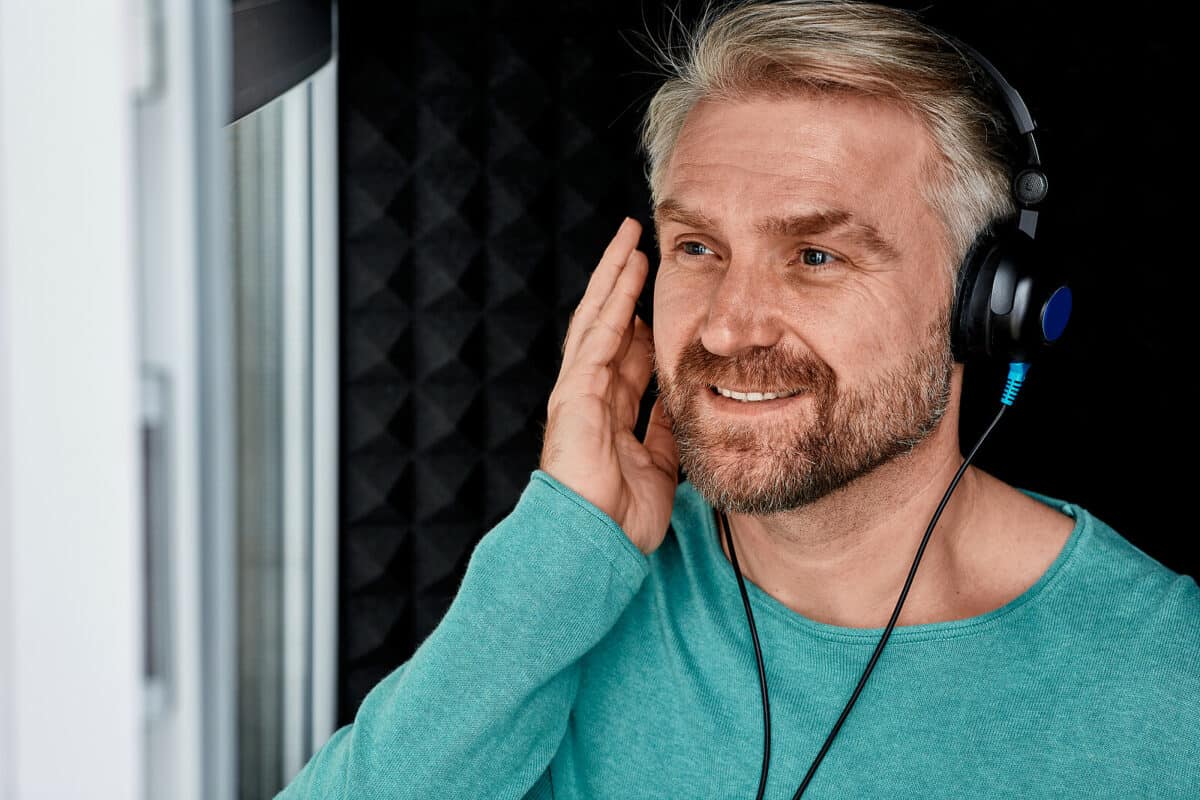- Alcohol and Hearing Health - April 9, 2025
- How Smoking Can Harm Your Ears - March 11, 2025
- Succeeding in the Workplace with Hearing Aids - February 10, 2025
Hearing health is a cornerstone of our overall well-being, influencing our ability to connect with others, engage in conversations, and experience the richness of the world around us. As a hearing professional, it is my privilege to guide individuals through the process of understanding, diagnosing, and managing their hearing health. In this article, we will explore what you can expect during your hearing exam, incorporating the latest advancements in hearing loss prevention, diagnosis, and management.
The Importance of Early Detection:
Before delving into the intricacies of a hearing exam, it is crucial to underscore the significance of early detection. Hearing loss often progresses gradually, and individuals may not be fully aware of its impact until it significantly affects their daily lives. Early detection allows for timely intervention, potentially mitigating the progression of hearing loss and improving outcomes.
Recent Advancements in Hearing Loss Prevention:
While it is impossible to reverse certain types of hearing loss, recent advancements focus on preventing further damage. The integration of technology, such as custom ear protection devices for high-noise environments, has become a crucial component of hearing loss prevention. These devices offer a personalized approach, preserving hearing acuity while allowing individuals to engage in activities that may pose a risk to their auditory health.
Furthermore, education plays a pivotal role in prevention. Recent research emphasizes the importance of raising awareness about the impact of recreational noise on hearing. Public health campaigns and initiatives aim to educate individuals about the potential risks associated with exposure to loud music, concerts, and other leisure activities, encouraging the use of protective measures.
State-of-the-Art Diagnostic Techniques:
Advancements in diagnostic techniques have revolutionized the accuracy and efficiency of hearing assessments. Traditional audiometry, which measures the ability to hear pure tones at different frequencies, remains a cornerstone of hearing exams. However, modern audiometric tools, such as otoacoustic emissions (OAE) and auditory brainstem response (ABR) testing, provide a more comprehensive understanding of auditory function.
OAE testing assesses the response of the inner ear to sound, offering valuable insights into the health of the cochlea. ABR testing, on the other hand, evaluates the electrical activity of the auditory nerve and brainstem in response to sound, aiding in the identification of potential neural pathway issues.
Futuristic Interventions on the Horizon:
As we look towards the future, exciting developments are underway in the field of hearing health. Researchers are exploring gene therapies that could address specific genetic factors contributing to hearing loss. While these interventions are still in their infancy, they hold the promise of personalized treatments that target the root causes of hearing impairment.
Additionally, advancements in hearing aid technology continue to enhance the quality of life for individuals with hearing loss. Artificial intelligence (AI) integration in hearing aids enables adaptive and personalized listening experiences, adjusting to different environments and user preferences. Connectivity features allow seamless integration with smartphones and other devices, opening up new possibilities for communication and accessibility.
Compassionate Care and Patient Empowerment:
Beyond the technical aspects of a hearing exam, it is crucial to highlight the human element of hearing healthcare. As a hearing professional, my commitment extends beyond diagnostics to fostering a compassionate and supportive environment for individuals navigating their hearing health journey.
Understanding the emotional impact of hearing loss is integral to providing holistic care. Patients may experience feelings of isolation, frustration, or even denial. By acknowledging these emotions and offering a supportive space, hearing professionals can empower individuals to actively participate in their hearing health management.
Your hearing exam is not just a routine checkup; it is a pivotal step towards understanding and managing your auditory health. From cutting-edge diagnostic tools to futuristic interventions, the landscape of hearing healthcare is evolving rapidly. Emphasizing the importance of early detection, prevention, and compassionate care ensures that individuals are equipped to navigate the soundscape of their lives with confidence and clarity. As a hearing professional, my goal is to guide you through this journey, providing insights, support, and personalized solutions to optimize your hearing health.


